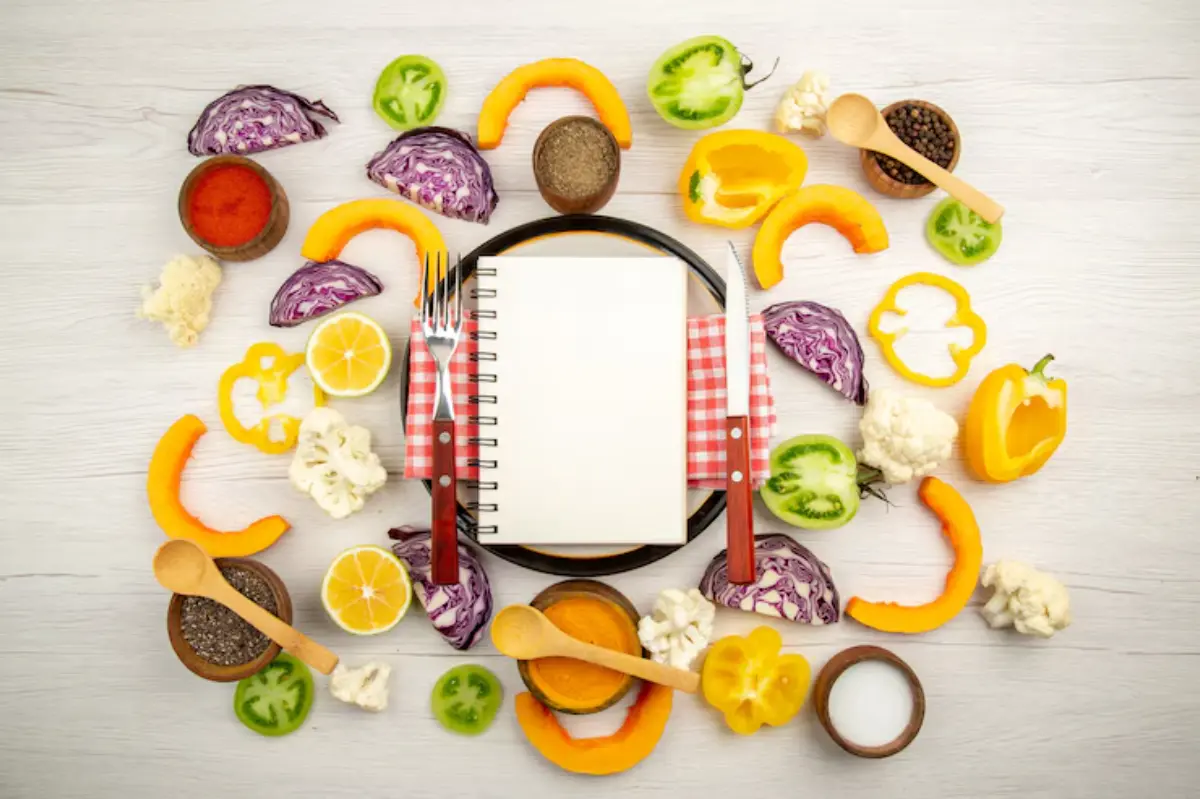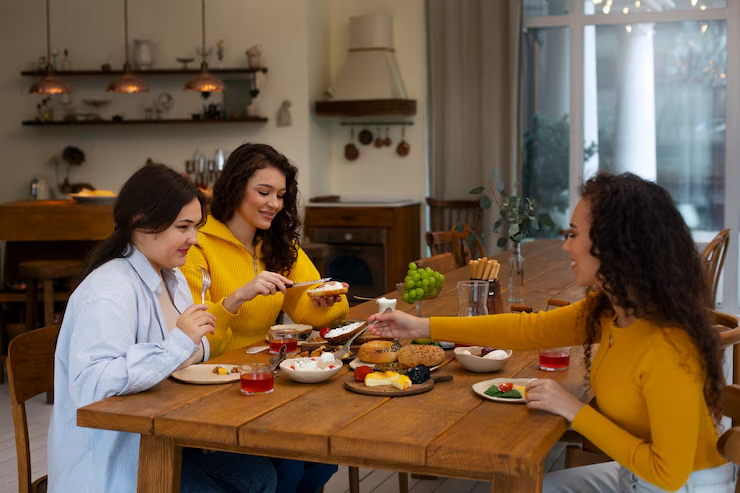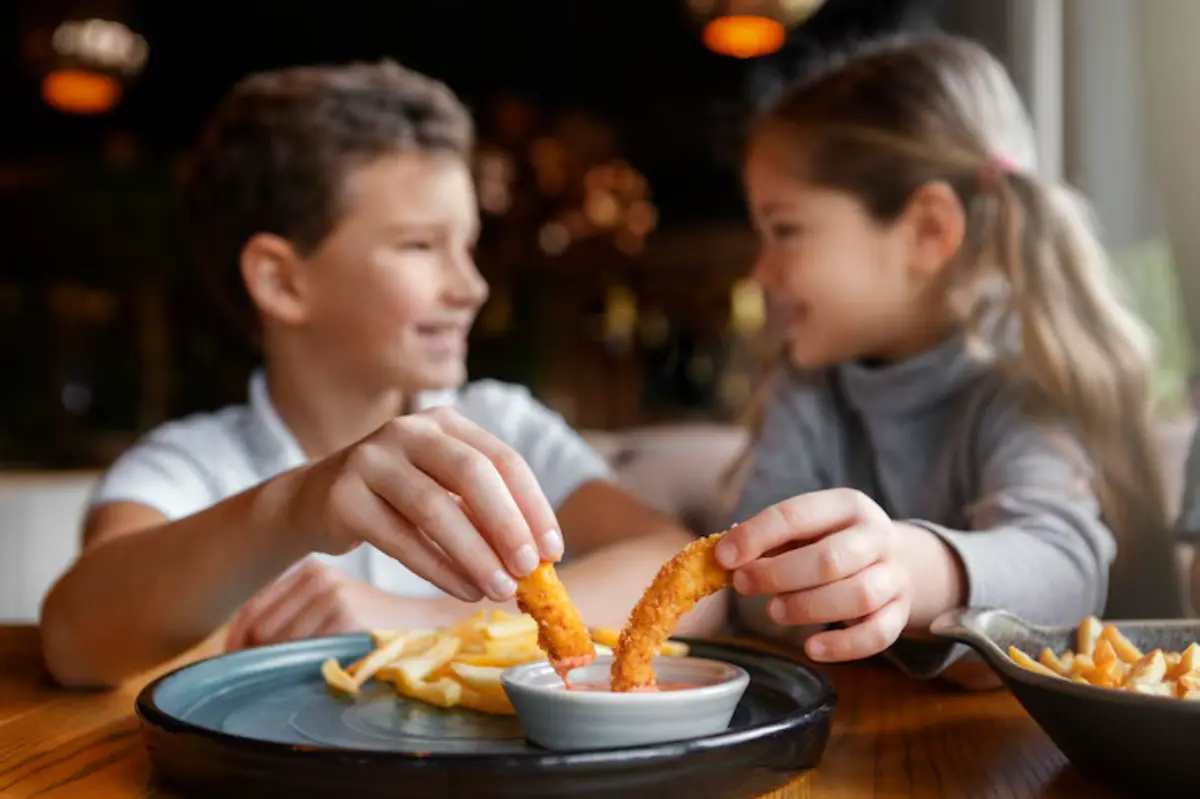
How to Plan Meals with Less Waste
Have you ever scraped a full plate into the bin and felt that pang of guilt? You’re not alone. Whether it’s forgotten fridge leftovers or an over-ambitious Sunday roast, wasted food is a silent issue in many homes. But it doesn’t have to be. By embracing sustainable meal planning and working towards zero waste family meals, you can save money, reduce environmental impact, and make mealtimes more intentional.
In this guide, we’ll explore practical, achievable ways to reduce food waste at every stage of your family’s mealtime – from planning and shopping to prepping and reusing. With relatable tips, personal insights, and well-researched strategies, you’ll leave with actionable steps that fit into real, busy lives.
Why Food Waste Matters More Than You Think
According to WRAP, UK households waste around 4.5 million tonnes of edible food annually. That’s equivalent to 8 meals per household each week. The environmental impact is just as staggering, with global food waste contributing to 8-10% of greenhouse gas emissions (UNEP).
But it’s not just a global problem – it’s a personal one too. When we throw away food, we waste the time, energy, and money that went into growing, transporting, and cooking it.
Build a Zero Waste Mindset

Creating zero waste family meals starts with a shift in thinking.
Questions to Ask:
- What food do we waste most in our house?
- Are we buying more than we eat?
- Do we plan meals or cook on impulse?
Start small. You don’t need to become a perfect food waste warrior overnight. Focus on one habit at a time – like using up leftovers or storing produce correctly.
Smart Meal Planning for Sustainability
Meal planning is the cornerstone of sustainable meal planning. Done right, it prevents overbuying, reduces impulse purchases, and makes sure food gets used while it’s fresh.
The 4-Day Planning Trick
Planning for only 4 or 5 days a week gives you breathing room. It prevents your fridge from overflowing and allows flexibility for leftovers or spontaneous meals.
Build Around What You Already Have
Before writing your plan, check the fridge, freezer, and pantry.
Questions to ask:
- What needs using up?
- Are there partial ingredients from previous recipes?
Tip: Use apps like Kitche or NoWaste to track what’s in your kitchen.
Shop with Intention
Ever gone shopping hungry and walked out with snacks instead of supper?
How to Create a Waste-Reducing Grocery List:
- Match each ingredient to a specific meal.
- Check what’s already at home.
- Buy loose produce so you can control quantity.
- Opt for smaller packs of rarely used ingredients.
Bonus Tip: Plan 2 meals that share overlapping ingredients to avoid leftovers (e.g., use spinach in pasta and sandwiches).
Cook with Waste in Mind
Reduce waste while cooking by using all edible parts of your ingredients.
Whole-Veggie Cooking Ideas:
- Broccoli stems: Peel and slice for stir-fry
- Carrot tops: Blend into pesto
- Cauliflower leaves: Roast with olive oil and salt
Use Scraps Creatively:
- Veg peels and herb stalks: Stock or broth
- Stale bread: Croutons or breadcrumbs
- Citrus zest: Freeze for baking
Family Tip: Get kids involved in prepping and weighing out ingredients – they’re more likely to eat food they helped make.
Embrace Leftovers (And Plan for Them!)
Leftovers aren’t just reheated meals – they’re opportunities.
Smart Ways to Reuse:
- Sunday roast: Turn into a shepherd’s pie or soup
- Cooked rice: Make egg-fried rice or burritos
- Roasted veg: Blitz into pasta sauce
Leftover Night
Designate one dinner per week to using up odds and ends. Make it fun with mix-and-match buffets or DIY sandwich bars.
Store Food the Right Way

Many foods spoil because they’re not stored properly.
Storage Tips:
- Keep herbs in jars of water like flowers
- Wrap lettuce in kitchen roll to absorb moisture
- Store mushrooms in paper bags, not plastic
Label and Rotate:
- Label everything with the date
- Use FIFO: First In, First Out
- Freeze items before they go bad – not after
Understand Food Labels
Use-by and best-before dates confuse many households. Misunderstanding them leads to throwing away food that’s perfectly safe.
The Difference:
- Use-by: Safety – don’t eat after this date (mainly meat, dairy)
- Best-before: Quality – still safe, might lose flavour/texture
Tip: Trust your senses. Smell, look, taste. Don’t just rely on dates.
Compost What You Can’t Use
Even with the best intentions, some scraps are inevitable.
Composting transforms food waste into nutrient-rich soil for your garden or houseplants.
Compost-Friendly Items:
- Fruit and veg scraps
- Coffee grounds and tea bags
- Eggshells
- Paper towels and napkins (unbleached)
Avoid: Meat, dairy, oils, cooked food (unless you have a hot composter)
Urban Tip: No garden? Use a Bokashi bin or find local compost drop-offs.
Family Involvement: Make It a Team Effort
Creating zero waste family meals is easier when everyone’s on board.
Ideas to Get Kids Involved:
- Let them choose meals from a list of options
- Have a fridge “Eat Me First” section
- Create a leftover-lunchbox challenge
Adults in the House:
- Rotate cooking roles
- Share a digital meal planner
- Celebrate your waste-free wins weekly
Sample Weekly Zero Waste Meal Plan

| Day | Meal | Leftover Use/Zero Waste Tip |
| Mon | Veggie stir-fry + rice | Use veg drawer odds |
| Tue | Chickpea curry + flatbreads | Repurpose flatbreads as lunch wraps |
| Wed | Roast chicken + roasted veg | Use bones for broth, veg in sandwiches |
| Thu | Pasta bake with spinach & cheese | Freeze half, use spinach stems in smoothie |
| Fri | DIY pizza night | Clean-out toppings from fridge |
| Sat | Soup + homemade bread | Soup from Friday’s leftover veg |
| Sun | Leftover buffet | Anything goes! |
Pro Tip: Build meals with crossover ingredients (e.g., spinach, tomatoes, carrots)
Kitchen Tools That Support Zero Waste
You don’t need to buy much, but a few tools help extend food life:
- Beeswax wraps: Replace cling film
- Glass containers: Store and reheat safely
- Silicone food savers: Keep cut fruit and veg fresh
- Labelled baskets: “Use Me First” sections in fridge
Apps & Resources to Explore
- OLIO: Share and pick up free surplus food in your area
- Too Good To Go: Buy unsold food from shops/restaurants
- Love Food Hate Waste: Great site for storage, recipe, and planning tips
- Kitche App: Tracks your pantry, suggests recipes, reduces waste
Small Steps Lead to Big Change
Planning meals with less waste isn’t about perfection. It’s about progress, awareness, and small daily decisions that lead to real impact. When you start making changes, you’ll likely notice:
- Fewer overflowing bins
- Lower grocery bills
- A more organised kitchen
- And more intentional, meaningful mealtimes
From using up broccoli stems to giving leftovers a glow-up, sustainable meal planning can fit into any lifestyle.
Ready to reduce your food waste and make your meals more mindful?
Let us know your favourite zero waste family meals in the comments, and don’t forget to share this guide with someone looking to waste less and save more. Subscribe for more practical family food strategies!


